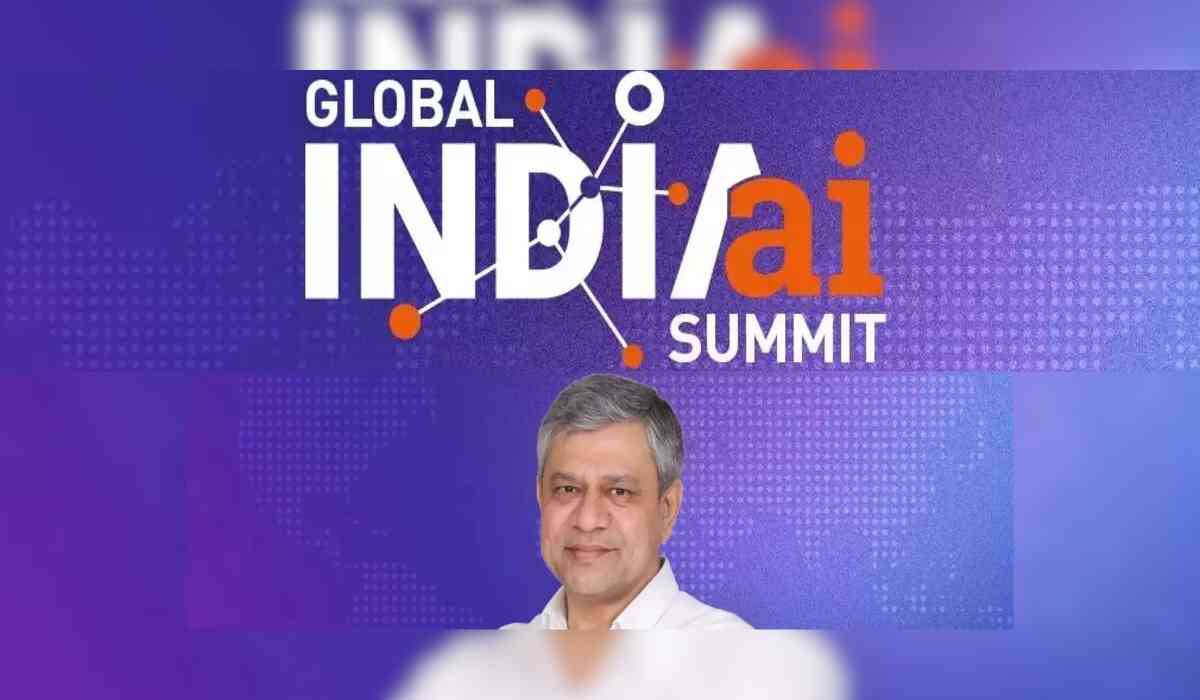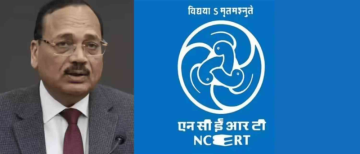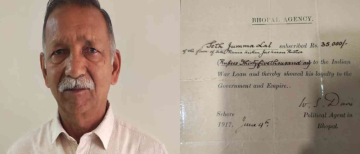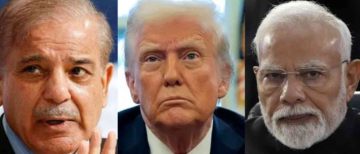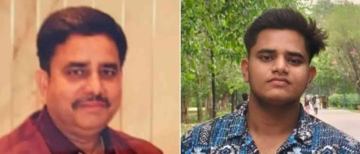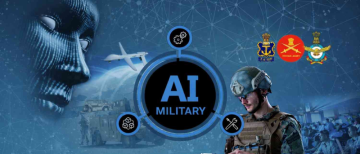The 'Global IndiaAI Summit 2024' commenced on Wednesday, July 3, 2024, at Bharatmandapam, New Delhi. The event was officially inaugurated by Ashwini Vaishnaw, the Union Minister for Electronics and Information Technology. This significant two-day event will span from July 3 to July 4, 2024.
Attendance by Prominent Figures
The summit was graced by several eminent personalities, highlighting its importance and the collaborative effort towards advancing AI in India. Key attendees included:
-
Jitin Prasada, Minister of State
-
S Krishnan, Secretary at the Ministry of Electronics and IT
-
Abhishek Singh, Additional Secretary
-
Srinivas Narayanan, Vice President at OpenAI
-
Debjani Ghosh, President of NASSCOM
-
Hiroshi Yoshida, Japan’s Vice-Minister for Policy Coordination in the Ministry of Internal Affairs and Communications
Establishing AI Regulation Principles
This prestigious gathering brought together international delegates, AI experts, and policymakers. The primary objective of the summit is to lay down the foundational principles for AI regulation in India. Union Minister Ashwini Vaishnaw highlighted that India's approach to Artificial Intelligence will emulate its successful Digital Public Infrastructure model, ensuring a robust and inclusive AI framework.
“The digital public infrastructure is a classic case where no single payment provider, no single service provider has monopoly over the service. The government invests in the platform and everybody becomes a part of that and the same approach we are going to adopt in AI also,” Vaishnaw stated.
“We will be investing in an AI compute infrastructure of 10,000 or more GPUs. And again, it will be an approach of public-private partnership, so that the efficiencies of industry can be harnessed for this bigger cause. We’ll be creating AI innovation centers,” Vaishnaw said.
“We have set up a course curriculum in about 104 universities for semiconductors, for 5G and 6G development. We have tied up with universities for railway and logistics sector. Similar approach will be there in case of AI also,” Vaishnaw added.
Diverse and Insightful Sessions
The two-day summit is packed with a variety of sessions aimed at exploring the crucial facets of AI. These sessions are designed to provide in-depth insights and discussions on several key areas:
-
AI Application: Examining practical implementations and use cases of AI across different sectors.
-
Governance: Discussing regulatory frameworks, ethical considerations, and policies for AI.
-
Nurturing Talent: Strategies for developing skilled professionals and fostering an environment for AI education and research.
-
Scaling AI Innovations: Approaches to enhance and expand AI innovations for broader societal benefits.
1. IndiaAI: Large Language Models
-
Focus: Large language models (LLMs) and large multimodal models (LMMs) in the context of India's linguistic and cultural diversity.
-
Topics: Addressing multilingualism, ethical considerations, and biases.
-
Goal: Promote responsible AI practices and foster collaboration among indigenous communities, academia, industry, and startups.
2. GPAI Convening on Global Health and AI
-
Aim: Gather insights on AI in healthcare, particularly in the global south.
-
Participants: Experts from government, international organizations, academia, industry, and civil society.
-
Objective: Refine GPAI's focus and explore new AI directions in healthcare.
3. IndiaAI: Real-World AI Solutions
-
Content: Case studies and panel discussions on practical AI applications.
-
Focus: Identifying gaps in AI development and deployment.
-
Goal: Advance AI knowledge and innovation through collaboration with various stakeholders.
4. IndiaAI: India’s Infrastructure Readiness for AI
-
Discussion: India's AI infrastructure readiness, focusing on scalable AI compute infrastructure and workforce development.
-
Strategies: Make advanced AI computing services affordable for startups and researchers.
5. IndiaAI: Ensuring Safety, Trust, and Governance in the AI Age
-
Focus: Ethical guidelines, international cooperation, and developing safe and trusted AI.
-
Goal: Leverage AI for societal good.
6. Collaborative AI on Global Partnership (CAIGP)
-
Convening: GPAI members, AI experts, and industry representatives.
-
Focus: Addressing the global AI divide and democratizing AI resources.
-
Objective: Define stakeholders' roles in furthering CAIGP's goals.
1. IndiaAI: Empowering Talent through AI Education & Skilling
-
Focus: AI education and skilling to meet industry demand.
-
Content: Challenges, growth opportunities, success stories, and diverse AI career paths.
2. AI for Global Good: Empowering the Global South
-
Discussion: Challenges and priorities in AI development for the Global South.
-
Exploration: Mechanisms for empowering the Global South and the potential for a new multilateral organization.
3. IndiaAI: From Seed to Scale - Empowering India’s Startup Ecosystem
-
Aim: Strengthen AI startup ecosystem.
-
Strategies: Support and growth of AI startups.
4. IndiaAI: Data Ecosystem
-
Focus: Developing resilient and scalable data infrastructure.
-
Topics: Data governance frameworks, data sharing, and mitigating data bias for ethical AI systems.
5. AI Competency Framework for Public Sector
-
Exploration: AI readiness in India’s public sector.
-
References: UNESCO Report on AI competencies and Capacity Building Commission's framework.
-
Objective: Identify AI competencies needed by public officials and provide training guidelines.
6. Sustainable Agriculture
-
Focus: Crop advisory, market access, financial services for farmers, and climate-resilient agriculture.
-
Content: Case studies and panel discussions on enhancing agricultural outputs through AI.
The Global IndiaAI Summit 2024 aims to shape the future of AI through comprehensive discussions and collaborations. The summit emphasizes safe, secure, and beneficial AI applications, fostering responsible AI development and reinforcing India’s leadership in the global AI landscape.
With inputs from agencies
Image Source: Multiple agencies
© Copyright 2024. All Rights Reserved Powered by Vygr Media.

